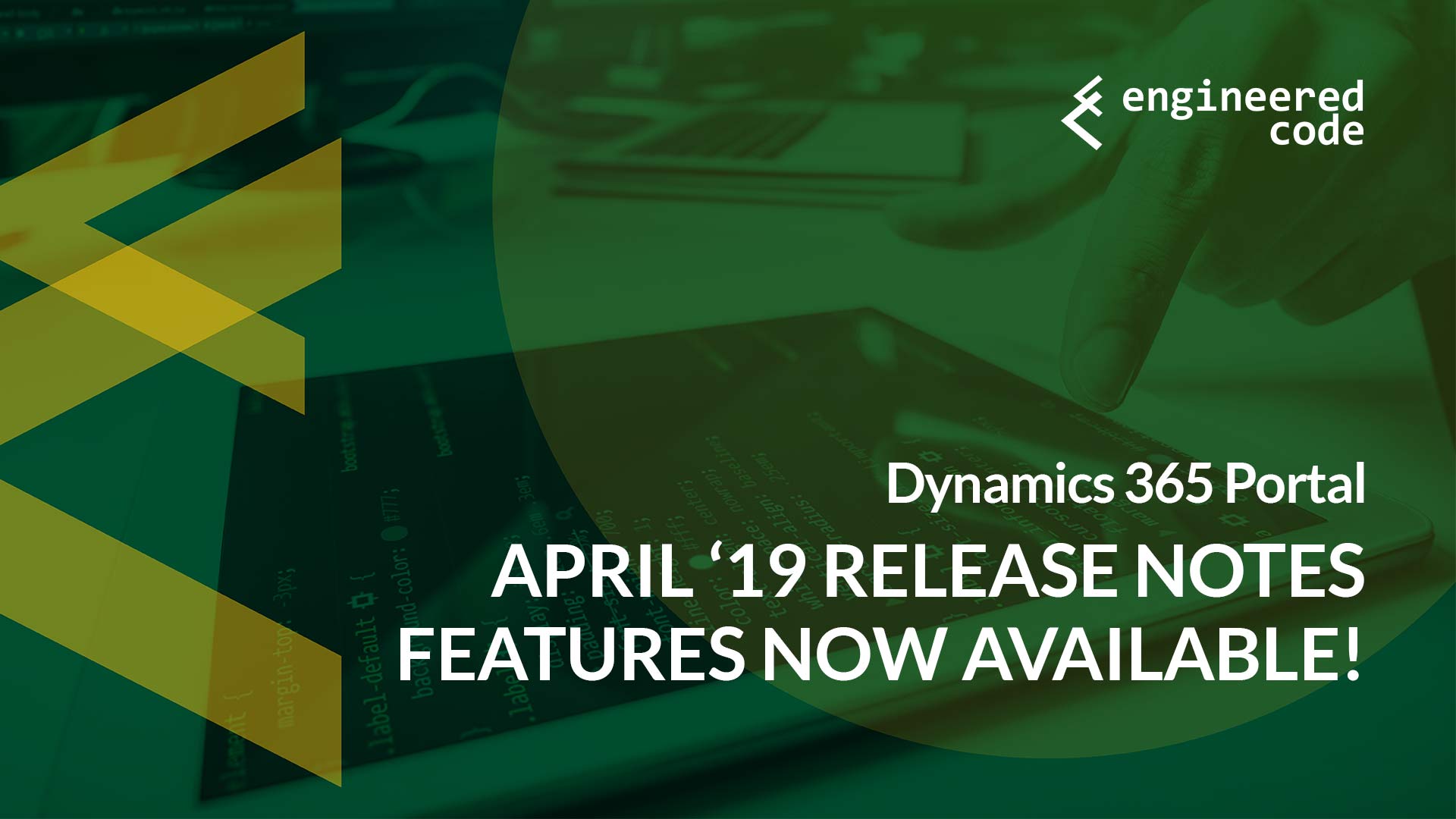Maintenance Mode
This is a small, albeit important change for Portal projects wanting to follow best software development practices. It is now possible to replace your Portal with a static maintenance page, which is useful in cases such as when your Dynamics 365 instance is unavailable due to upgrades.
You can choose to use a default, out-of-the-box maintenance page, or you can supply the URL to your own custom HTML page. This is great for ensuring your maintenance page is on-brand and on-message.
The setup is very simple – you can easily enable or disable the maintenance page via the Portal Administration Center. When enabling, you have the option of the default maintenance page, or to provide the URL to your own. If you’re putting your custom page up in Azure Storage make sure you have the permissions configured properly as the Portal requires the link you provide to be publicly accessible.
The official Microsoft documentation for this feature can be found here.
Enable Power BI Embedded
The October ’18 release gave us Power BI support for Dynamics 365 Portal. Now we’ve also got Power BI Embedded support!
I’m no Power BI Expert (far from it!), but I believe the benefit of Power BI Embedded is that it allows you to share Power BI dashboards and reports with people who don’t have Power BI accounts.
The official Microsoft documentation for this feature can be found here.
OAuth 2.0 Implicit Grant Flow
Although a technical, behind the scenes feature, for those going beyond the out-of-the-box capabilities of Dynamics 365 Portal using the Companion App technique, this is a big deal!
One of the challenges with the Companion App technique was the sharing of authentication – when calling your Companion App web service, it was typically important that the web service knew the identity of the Dynamics Contact making the call. Before this feature was released, there was no universal way to do this that would support all the various authentication mechanisms that the Portal product supports.
Now, with this feature, it is possible to request a token directly from the Portal itself that can be used to verify the identity of the Contact. No need to handle Azure Ad, Azure Ad B2C, Local Authentication, etc. all separately. I think this is especially important for ISVs hoping to use the Companion App technique as part of their product, since it allows them to be agnostic when it comes to which authentication providers their customers are using.
The official Microsoft documentation for this feature can be found here.
CDS Starter Portal
Dynamics 365 Portal really is a part of the Power Platform now – or at least in preview! It is now possible to configure a Portal to point to a Common Data Service instance, as opposed to an instance with the first-party Dynamics 365 apps, so you can get the power of a Portal while leveraging the P2 Power Platform licenses.
To make this happen, Microsoft had to remove some dependencies on some of the first-party apps from the Portal solutions (I believe, for example, there was a dependency on the Case entity).
If you’re interested in the details, Colin Vermander’s already got a great blog post up on this.
The official Microsoft documentation for this feature can be found here.
Bonus – Content Moderation on Ideas
I don’t remember seeing this in the release notes, so it looks like we’ve got a bonus feature!
It is now possible to allow users to flag ideas (one of the features available as part of the Community Portal) as Abusive, Inappropriate or Spam. If flagged, the idea disappears from the Portal, and is shown in a special view (on the Portal) where an administrator can accept or reject the flagged idea.
Enabling content moderation on ideas is optional, and can be configured on a per-idea-forum basis.
The official Microsoft documentation for this feature can be found here.

